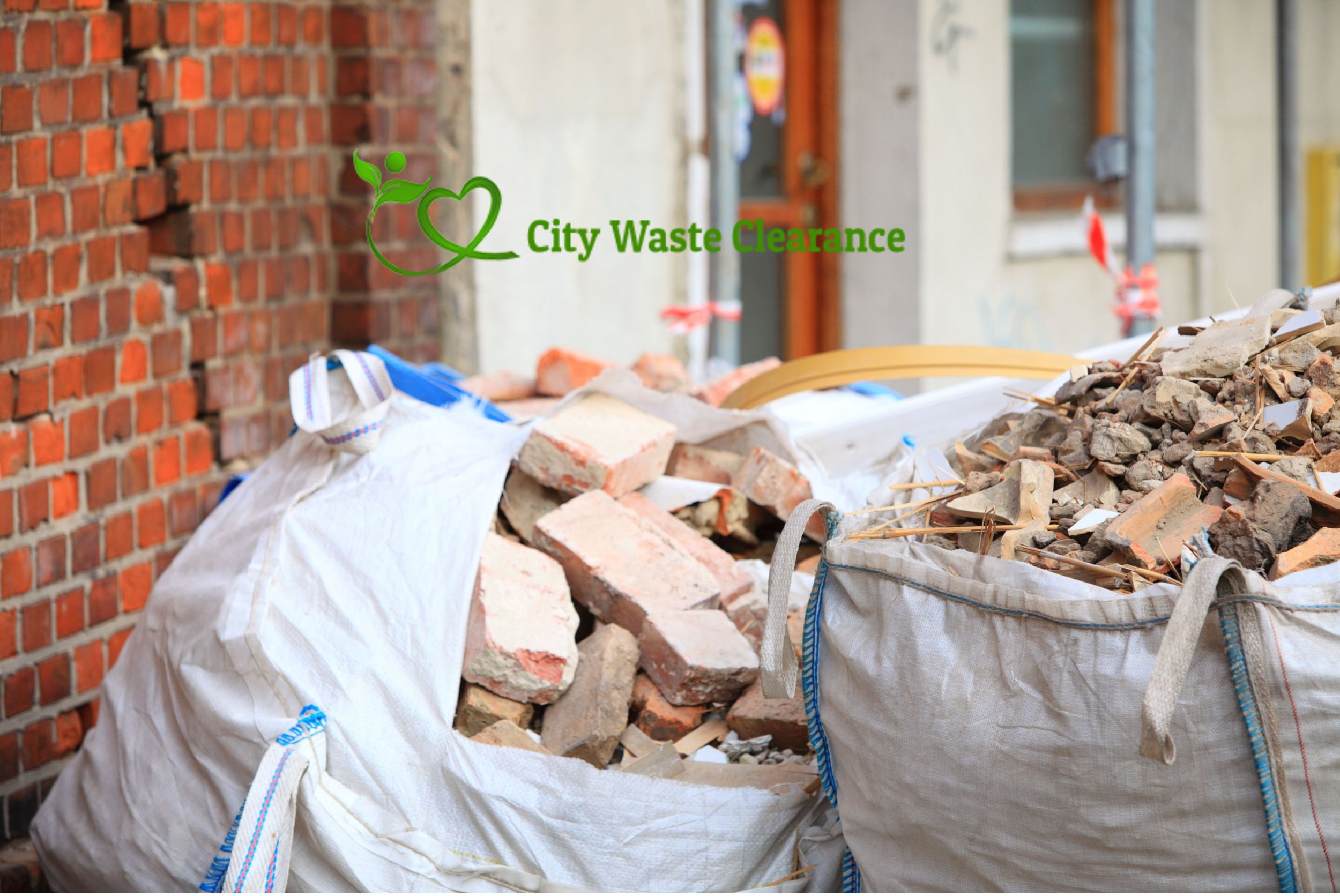Demolition waste disposal in London involves the removal and management of debris from construction sites. Efficient services ensure proper handling and recycling.
Demolition projects in London generate substantial waste, necessitating effective disposal solutions. Professional waste disposal services help manage debris, ensuring environmental compliance. Companies offer comprehensive solutions, including sorting, recycling, and safe disposal of hazardous materials. These services not only clear construction sites but also contribute to sustainability.
Using certified waste carriers ensures that debris is handled responsibly, reducing environmental impact. Efficient green waste management supports cleaner urban spaces and promotes recycling efforts. Choosing the right service provider is crucial for timely and eco-friendly waste disposal. Proper demolition waste disposal safeguards public health and aligns with London’s environmental goals.
Introduction To Demolition Waste Disposal London
Demolition waste includes many materials. These can be bricks, concrete, wood, and metal. Glass, plastic, and insulation are also common. Sometimes, there are hazardous materials like asbestos. Each type needs special care.
Proper disposal keeps our environment clean. It helps in recycling materials. This saves resources and energy. Hazardous waste needs special handling. Improper disposal can harm health. It can also pollute water and soil. Following rules ensures safety for everyone.
Challenges In Waste Disposal
Demolition waste can cause severe damage to the environment. Toxic materials often mix with soil and water. This can harm plants and animals. Air pollution is another big issue. Dust and debris fill the air during demolition. Recycling can help but is not always possible. Proper disposal methods are crucial to protect nature.
Strict laws govern waste disposal in London. Companies must follow these rules. They need permits to dispose of waste. Failure to comply can result in heavy fines. Proper documentation is also necessary. This includes tracking waste from the site to disposal.
Current Disposal Methods
Demolition waste disposal in London utilizes advanced recycling methods, ensuring eco-friendly practices. Specialized facilities process materials efficiently, minimizing landfill use.
Landfill Use
Landfills are common for demolition waste. Waste is buried in the ground. This method is cheap. But it harms the environment. Landfills take up a lot of space. They can also produce harmful gases. These gases are bad for the air.
Incineration
Incineration burns waste at high temperatures. This method reduces waste volume. It also generates energy. But it can release harmful pollutants. These pollutants are bad for health. Incineration plants need careful management. They must follow strict rules.
Eco-friendly Alternatives
Recycling is very important. It helps reduce the waste in landfills. Many materials can be recycled. Concrete and bricks are examples. These materials can be crushed and reused. Metal from demolition sites can also be recycled. This metal can be melted and made into new products. Wood is another material that can be recycled. It can be turned into mulch or new wood products.
Upcycling is a great way to reuse old materials. It turns waste into new products. Old doors can become tables. Windows can turn into picture frames. Bricks can be used in garden paths. Upcycling helps save the environment. It also creates unique items. Broken tiles can become beautiful mosaics. Upcycling is both fun and useful.
Innovative Disposal Technologies
London’s demolition waste disposal leverages innovative technologies, ensuring efficient recycling and minimal environmental impact. These advanced methods promote sustainable construction practices in urban redevelopment projects.
Advanced Sorting Systems
Advanced sorting systems help separate different types of waste. Machines can quickly tell metal, wood, and plastic apart. These systems make recycling easier and faster. Workers have safer jobs because they handle less waste. Sorting systems also reduce landfill waste. This helps protect the environment.
Waste-to-energy Solutions
Waste-to-energy solutions turn trash into power. Special plants burn waste to produce electricity. This process reduces the need for fossil fuels. It also cuts down on landfill use. These plants are clean and efficient. They offer a sustainable way to manage waste.
Legislation And Policies
Regulations in London ensure the responsible disposal of demolition waste. Strict policies aim to minimize environmental impact and promote recycling. Compliance with these laws is essential for contractors.
Uk Waste Regulations
The UK has strict regulations for waste disposal. Businesses must follow these rules to avoid penalties. They need to separate hazardous waste from non-hazardous. Waste carriers must hold a license. This ensures safe and legal disposal. Records of waste transfer must be kept for two years. These rules help protect the environment.
Local London Initiatives
London has local initiatives for waste management. Some areas have special recycling programs. These programs aim to reduce landfill waste. Local councils offer guidance on waste disposal. They also provide collection services. Businesses can get advice on reducing waste. These initiatives help keep London clean and green.
Future Of Demolition Waste Disposal
New technologies are making waste disposal easier. Robots can now help sort debris. Recycling materials is becoming more popular. Companies are using eco-friendly methods to reduce waste. Many are turning to digital platforms for better management.
Green building materials are in demand. Reusing old bricks and metals helps save resources. Waste-to-energy processes convert waste into electricity. This method reduces landfill use. Water recycling systems are also being adopted. These systems clean and reuse water on-site.
Frequently Asked Questions
What Is Demolition Waste?
Demolition waste includes concrete, wood, metals, bricks, and other materials from buildings. Proper disposal is essential for environmental safety.
How To Dispose Of Demolition Waste In London?
Contact licensed waste disposal services. They follow regulations for recycling and safe disposal, ensuring minimal environmental impact.
Are There Recycling Options For Demolition Waste?
Yes, many materials like metals, concrete, and wood can be recycled. Check with local disposal services for recycling options.
Conclusion
Choosing the right demolition waste disposal in London ensures a cleaner, safer environment. Opt for licensed services to handle waste responsibly. Efficient disposal helps reduce landfill impact and supports recycling efforts. Make informed choices to contribute positively to the community and environment.
Proper waste management is essential for a sustainable future.


